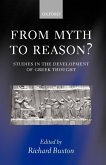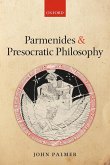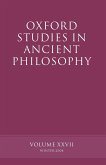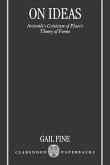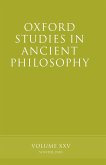Practices of Reason is an exploration of the epistemological, metaphysical, and psychological foundations of the Nicomachean Ethics. In a striking reversal of current orthodoxy, Professor Reeve argues that scientific-knowledge (episteme) is possible in ethics, that dialectic and understanding (nous) play essentially the same role in ethics as in an Aristotelian science, and that the distinctive role of practical wisdom (phronesis) is to use the knowledge of universals provided by science, dialectic, and understanding so as to best promote happiness (eudaimomia) in particular circumstances and to ensure a happy life. Turning to happiness itself, the author develops a new account of Aristotle's views on ends and functions, exposing their twofold nature. He argues that the activation of theoretical wisdom is primary happiness, and that the activation of practical wisdom - when it is for the sake of primary happiness - is happiness of a secondary kind. He concludes with an account of the virtues of character, external goods, and friends, and their place in the happy life. The book will be of interest to all those who have unanswered questions about the central arguments, concepts, and presuppositions of the Nicomachean Ethics.
Hinweis: Dieser Artikel kann nur an eine deutsche Lieferadresse ausgeliefert werden.
Hinweis: Dieser Artikel kann nur an eine deutsche Lieferadresse ausgeliefert werden.



